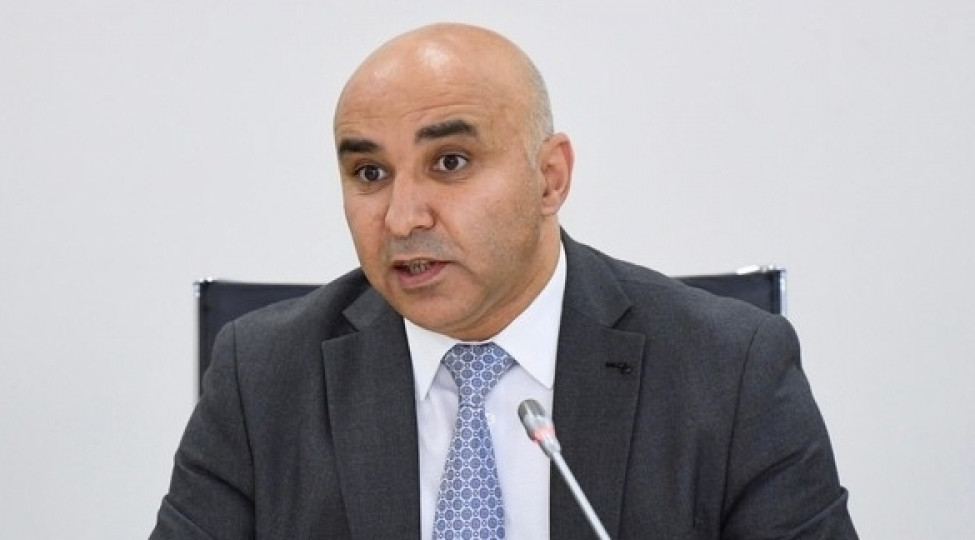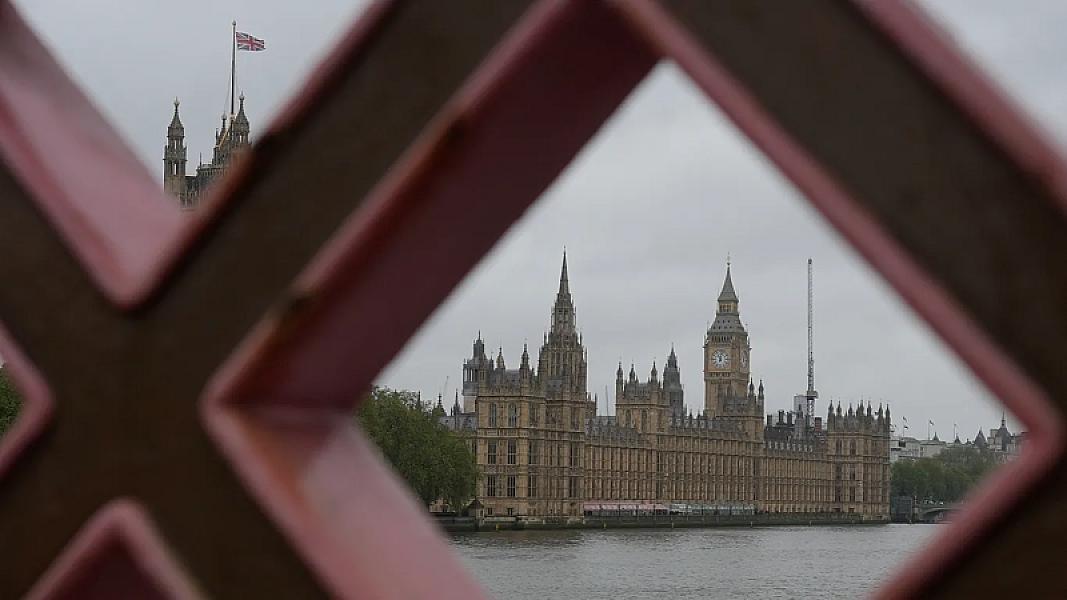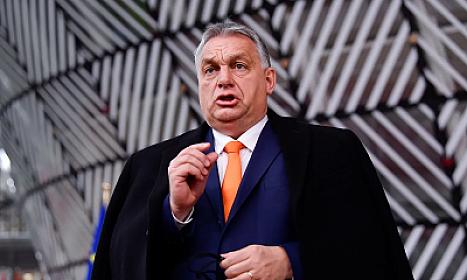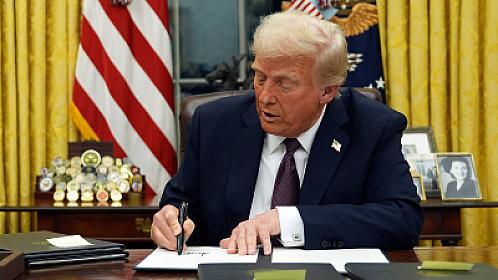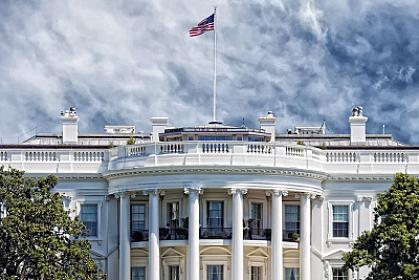Facts from recent history to understand today… Britain’s interests do not change, but Azerbaijan’s geography and oil do
On February 21, 1912, the Rothschilds sold their oil operations in Russia to the Anglo-Dutch trust Royal Dutch/Shell. Before World War I, 60% of the investments in Baku’s oil industry belonged to Great Britain.
The foreign minister of the ADR, Məhəmməd Yusif Cəfərov, said in an interview with British journalist Scotland Liddel on October 4, 1919: “Preserving the independence of the South Caucasus countries is in the interest of Great Britain. The South Caucasus countries will play the role of a security zone between the British colonies of India and the Middle East and Northern countries. It will protect India from any danger. The Azerbaijani government hopes that the fate of Azerbaijan will be decided by allied states.”
The Allied High Commissioner for the South Caucasus, U.S. representative Colonel William Haskell, proposed at a conference held in Baku on August 29, 1919, to create a neutral zone in the Sharur-Daralayaz and Nakhchivan regions (a general-governorship under U.S. control). An American governor appointed by Haskell was entrusted to administer the neutral zone. In the neutral zone, Azerbaijan’s and Armenia’s interests were to be equal, the Baku–Julfa railway was to remain under Azerbaijani control, and both parties were to withdraw their troops.
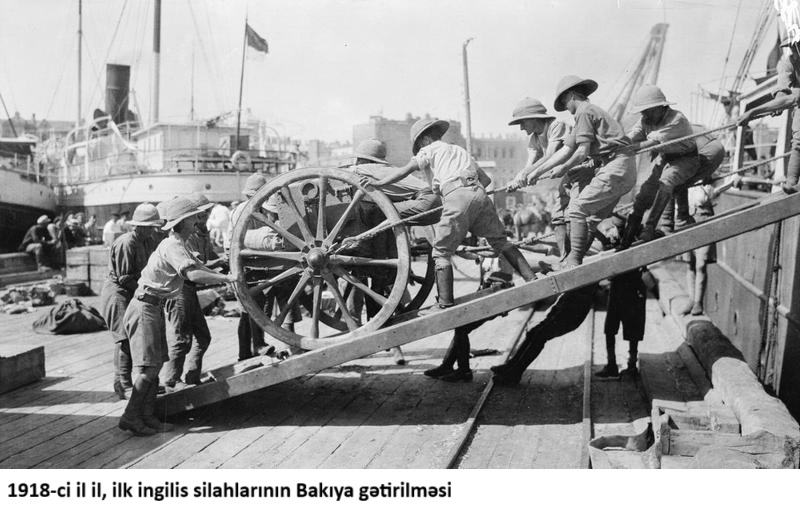
Haskell believed that Azerbaijan had handed over the strategically important Ələt–Julfa railway to the Italians and, therefore, expressed the desire to settle the neutral zone in favor of the Armenians, exerting political pressure on Azerbaijan. The Azerbaijani government, however, did not accept Haskell’s interference in internal affairs. Haskell’s proposal regarding the neutral zone was considered interference in Azerbaijan’s state borders. To prevent this interference, the Azerbaijani government began diplomatic struggle. Azerbaijan’s foreign minister Məhəmməd Yusif Cəfərov expressed concern about violations of agreements and on October 9 called Oliver Wardrop, the British High Commissioner in Tiflis, stating that “The Ələt–Julfa railway is being repaired by the government and the information about contracting the railway to the Italians is not true.”
“Within the framework of the Strategic Dialogue, we have conducted very productive discussions, and I am pleased to announce that we propose to elevate this dialogue to a strategic partnership.” This was stated by Steven Doughty, the UK Minister of State for Europe, North America and the Overseas Territories, on August 26, 2025: “Thus, we are deepening our relations further in many areas. We have already discussed the progress made in various fields of these relations, but we all agreed that we can do much more together. As I said, this could be in education, energy, infrastructure, political, even defense and security fields. Considering what is happening in the region, the challenges in the North and South, and, of course, the importance of Europe’s security and stability, it is very important for the United Kingdom and Azerbaijan to work together as reliable friends and partners,” the minister noted.
It should be noted that London was the first to understand and bring to the agenda the historic necessity of the de facto recognition of the independence of the ADR and other South Caucasus countries, and the future importance of limiting Russia’s influence in the Middle East region. London eventually grasped Azerbaijan’s significance in the South Caucasus region and adjusted its policy accordingly. In the 1990s, Britain also played a leading role in the “Contract of the Century,” and now London is struggling to strengthen its strategic position in the region. Everyone is trying to secure a strong place in the important transport hub of Eurasia.
Zaur İbrahimli,
Chairman of the “Priority” Social Economic Research Center
